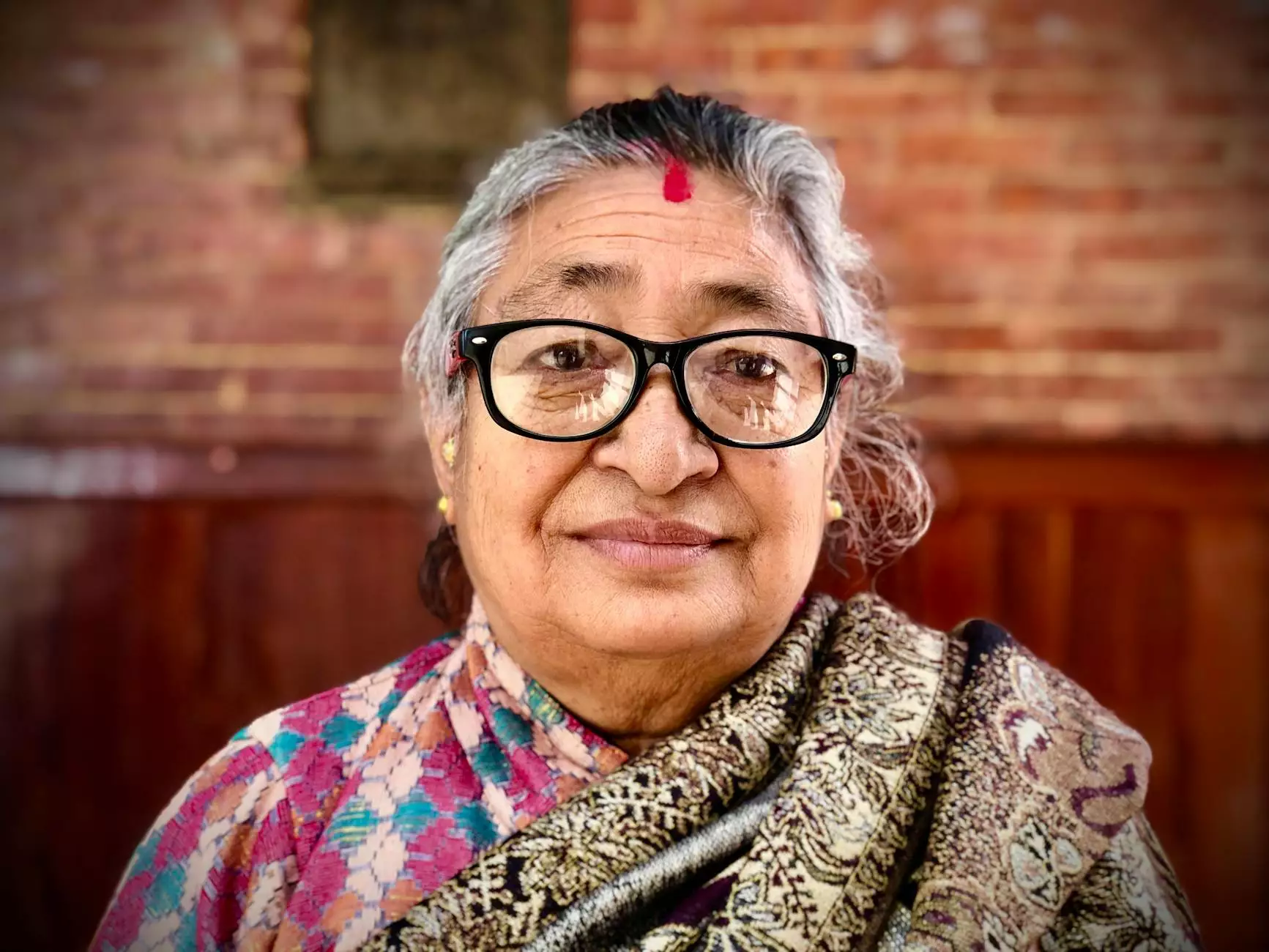Tihar Festival in Nepal: A Celebration of Lights and Love

Tihar, also known as Deepawali or Yamapanchak, is one of the most significant and culturally rich festivals celebrated in Nepal. It usually takes place in the month of October or November and lasts for five days. This festival is marked by the worship of animals, the honoring of loved ones, and the enchanting presence of lights. Tihar is not just a festival; it represents the intrinsic values, traditional rites, and the colorful tapestry of life in this beautiful Himalayan nation.
Understanding the Essence of Tihar
The essence of Tihar lies in its joy and the spirit of community. Each day of the festival has its unique significance, rituals, and activities that bring people together. This cocoon of love, light, and unity serves as a potent reminder of the connections we share with family, friends, and the living beings around us.
The Five Days of Tihar
Tihar is a five-day festival, each day dedicated to a particular celebration and a specific animal or deity. Below is a brief overview of what each day entails:
- Day 1: Kag Tihar (Crow Day) - The festival begins with the worship of crows, regarded as messengers of death. People offer food to crows, believing that respecting them will bring peace and harmony.
- Day 2: Kukur Tihar (Dog Day) - This day is dedicated to dogs, celebrated for their companionship and loyalty. Dogs are adorned with a garland, and they receive special treats to honor their significant role in human lives.
- Day 3: Gai Tihar and Laxmi Pooja (Cow Day and Worship of Goddess Laxmi) - The third day honors cows as sacred animals. People further celebrate the goddess of wealth, Laxmi, by cleaning their homes and decorating them with lights and colorful rangolis. This marks the beginning of prosperity.
- Day 4: Govardhan Pooja (Worship of Lord Krishna) - The fourth day is marked by worshiping Lord Krishna. Devotees prepare a mound of cow dung representing Mount Govardhan and offer prayers, symbolizing the triumph of good over evil.
- Day 5: Bhai Tika (Brother’s Day) - The final day of Tihar is dedicated to celebrating the bond between brothers and sisters. Sisters perform rituals to pray for their brothers' long life and prosperity, while brothers, in return, offer gifts to their sisters.
The Cultural Significance of Tihar
Tihar is deeply embedded in the cultural fabric of Nepali society. It celebrates a sense of belonging and appreciation for all forms of life. The festival emphasizes the importance of family ties, love, and respect for the environment and animals. Tihar serves as a bridge that connects the past with the present, as ancient beliefs and traditions are still relevant in contemporary society.
The Role of Lights and Decorations
One of the most striking features of Tihar is the vibrant decorations and the use of lights. Homes are adorned with twinkling lights, diyas (oil lamps), and colorful rangolis, creating a mesmerizing atmosphere. The illumination symbolizes the triumph of light over darkness, knowledge over ignorance, and the joy of life. As night falls, the streets of Nepal come alive, reflecting the enchanting spirit of Tihar.
The Culinary Delights of Tihar
No festival is complete without its share of exquisite cuisine. During Tihar, families prepare an array of traditional dishes that tantalize the taste buds. Some popular Tihar specialities include:
- Sel Roti: A traditional homemade rice-based doughnut, crispy on the outside and soft on the inside.
- Yomari: A steamed dumpling filled with a sweet mixture of coconut and jaggery.
- Daal Bhat: The staple food of Nepalese cuisine, often served with meat, fish, or vegetables.
- Masala Chai: A spiced tea, perfect for sharing among family and friends during festive gatherings.
Celebrating Tihar: A Community Affair
The celebrations of Tihar are not limited to individual families; they extend to the community level. Streets come alive with gatherings, where people participate in traditional music, dancing, and sharing food. The atmosphere of goodwill and togetherness is palpable, as neighbors come together to celebrate the festival, reinforcing community bonds.
Traditional Songs and Dances
Traditional music plays a crucial role in the festivities. During Tihar, groups of people sing songs known as "Deusi" and "Bhailo," which are performed while going door-to-door. These songs are a means of sharing joy and blessings. In return, house owners often provide treats, money, or other gifts, creating a cyclical exchange of goodwill.
Tourism and Tihar: An Opportunity for Visitors
For tourists visiting Nepal, the Tihar festival presents an incredible opportunity to experience the country's vibrant culture. The festival offers a rare glimpse into the rich traditions and communal spirit that define Nepalese life. There are various tours organized that allow visitors to immerse themselves in the festivities, participate in rituals, and learn about the local customs up-close. This is a unique chance to create lasting memories while supporting local communities.
Recommended Tours During Tihar
Here are some recommended tours and travel services you could explore to enhance your Tihar experience:
- Walking Tours: Engage in guided walking tours that take you through the heart of the city, where you can witness the joyous celebrations firsthand and interact with locals.
- Cultural Experiences: Enroll in programs that teach you about Tihar's rituals, cooking classes for traditional dishes, or music workshops.
- Photography Tours: Capture the vibrant festivities, beautiful decorations, and the smiles of the people in a photography tour.
Conclusion: The Timeless Spirit of Tihar
The Tihar festival in Nepal is more than just a celebration. It is a reminder of the profound relationships we nurture with each other and with all living beings. Through love, reverence, and light, Tihar brings a sense of peace and unity that surpasses boundaries. Embracing the spirit of Tihar can lead to a more profound understanding of the beauty of life and the inherent connections that bind us all.
Whether you are a local or a visitor, immersing yourself in the Tihar festival is sure to be a transformative experience. Join the celebration, partake in the rituals, share laughter and love, and let the spirit of Tihar illuminate your heart.









